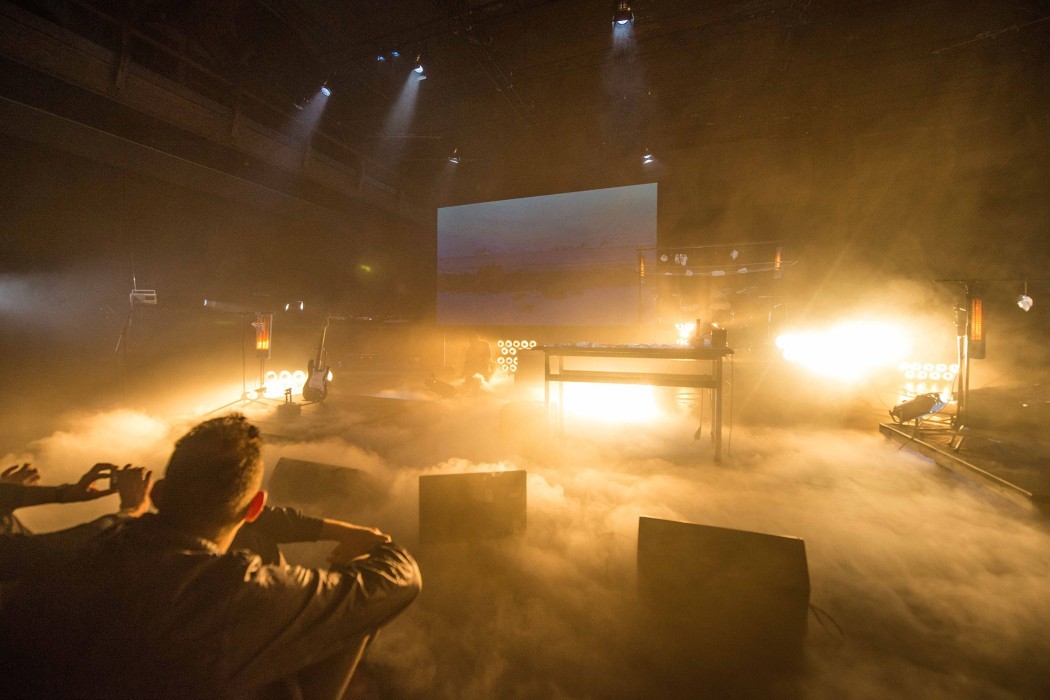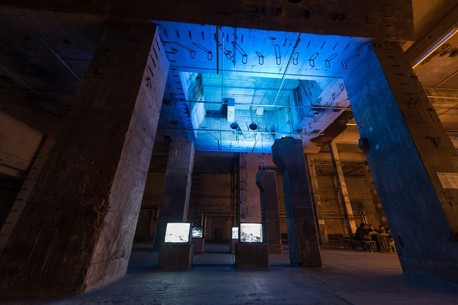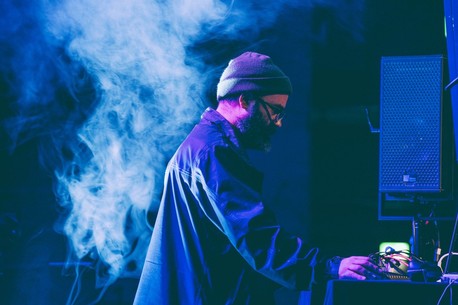Written by:
Simona Mantarlian
Share article:
Sleep and Nowness
The packed program included, among others, the knock-out rendition of Max Richter’s “Sleep”, which found the artist playing for a completely unaware audience, all going about their own REM sleep phase. The common ground was a soundtrack well weaved and tuned to dreamy brain waves, as subjects laid on campaign beds composing one of the most instagrammed moments of Berlin life.
Workshops and panels exploring the mere concept of time brought forward-thinking ideas of which you should check out Laboria Cuboniks’s xenofeminist manifesto (if you needed an upgrade to your cyborg-manifesto forming school of thought). On sound installation side, a must was the work which Mazen Kerbaj put together laboriously over the span of almost a decade, under the title “Before the war, it was the war. After the war, it is still the war” - piece using sound as a device to make a comment on Lebanon’s recent political struggles.
A series of talks looked into the idea of “Time and The Digital Universe” and a panel moderated by theorist Marc Whittman focused on the concept of “nowness” - as perception of the moment present and its possible infinite duration. Now, The Length of Nowness is a good concept to get high to. It challenges the illusory idea of time as opposed to the sense of nowness, which he claims to underpin consciousness. And this scientifically treated reflection decently concurs with all those things that the oriental schools of thought and spirituality have ever told you about being mindful.
Applying this angle to the already spiritual and neuro-active drone music doesn’t sound like a far-fetched attempt. And that’s exactly why the most challenging prospect for a human to behold was the drone marathon at Kraftwerk Halle, the Maerzmusik weekend program called - you guessed it - The Long Now.


